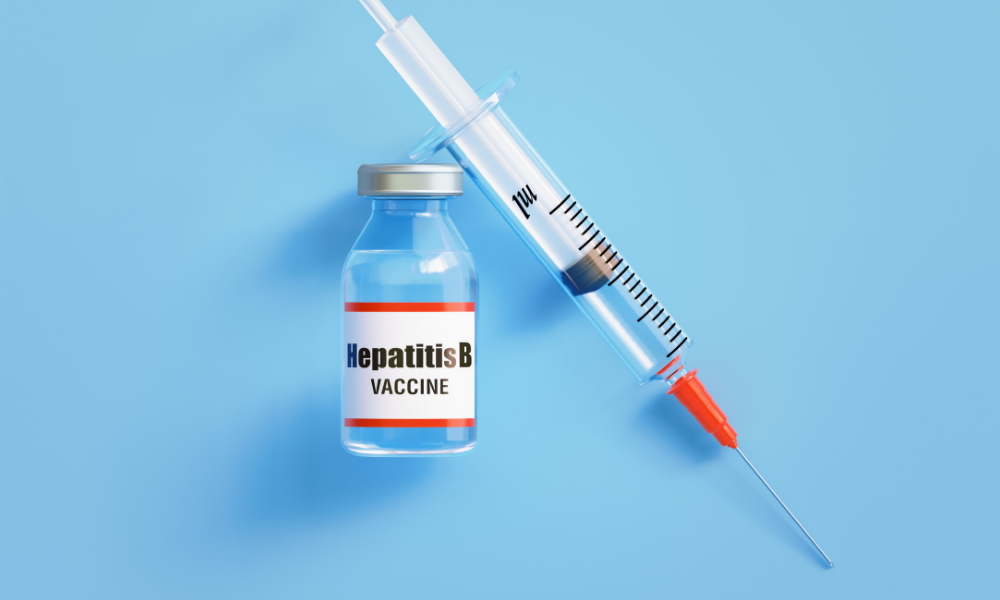Hepatitis B is an infection that infects the liver. The disease can cause mild illness lasting a few weeks, or in rare cases can lead to a serious lifelong illness. Hep B is spread through the exchange of bodily fluids from sex and IV drug use. Given that our newborns and infants are not engaged in these high-risk behaviours, the risk of contracting Hep B is exceedingly rare. The only legitimate risk to infants is birth from a mother with Hep B. Every mother who receives prenatal care is tested for Hep B. In spite of the this, Health Canada recommends Hep B vaccination for our infants. Some provinces (NB, NU, NT) administer Hep B vaccination on the first day of life.

For more information: https://www.nvic.org/disease-vaccine/hepatitis-b
[20] https://www.nvic.org/disease-vaccine/hepatitis-b/quick-facts
[21] Vaccine Adverse Events Reporting System – https://digital.ahrq.gov/sites/default/files/docs/publication/r18hs017045-lazarus-final-report-2011.pdf
DTaP-HB-IPV-Hib (diphtheria, tetanus, pertussis, hepatitis B, polio, Haemophilus influenza)
Product: Infanrix Hexa (GSK)
Product Monograph: https://ca.gsk.com/media/6247/infanrix-hexa.pdf (35 pages)
Patient Information sheet:
Manufacturer website: https://ca.gsk.com/en-ca/products